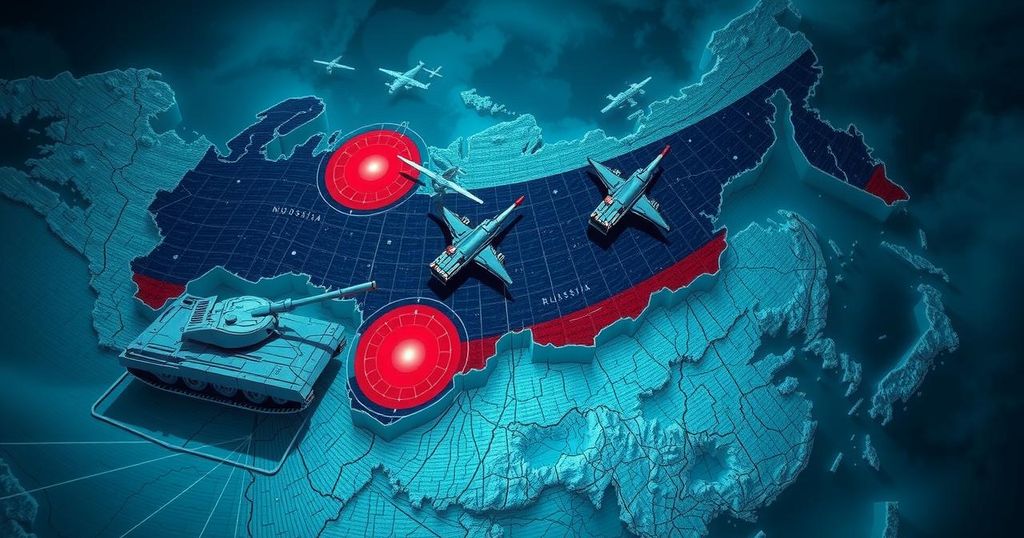Russian Minister’s Visit to North Korea Raises Alarms

- Sergey Lavrov visits North Korea to strengthen ties amid Ukraine conflict.
- The visit follows Sergei Shoigu’s meeting with Kim Jong Un in Pyongyang.
- North Korea send troops to assist Russia, raising international concerns.
- Putin acknowledged North Korean soldiers as ‘heroes’ in Ukraine conflict.
- Concerns mount over potential military technology exchanges with North Korea.
Russian Minister’s Visit to North Korea Highlights Growing Ties
Russian Foreign Minister Sergey Lavrov is slated to travel to North Korea this week, marking a significant step in the ongoing efforts to solidify the ties between the two nations amidst the backdrop of Russia’s protracted war in Ukraine. While Lavrov’s visit is officially a three-day affair that kicks off on Friday, details concerning whether he will meet the enigmatic North Korean leader, Kim Jong Un, remain unclear. This trip follows a recent visit by Sergei Shoigu, a prominent Kremlin security official, who met with Kim in Pyongyang just last month. This meeting was significant, considering that Shoigu revealed afterward that Kim had pledged to dispatch 5,000 military construction workers to assist with rebuilding efforts in Russia’s war-affected Kursk region.
Military Cooperation Raises Concerns Among Allies
Historically neutral in the face of international sanctions, North Korea’s assistance to Russia captures a new chapter of explicit military cooperation. Just last April, President Vladimir Putin had publicly acknowledged the involvement of North Korean soldiers fighting alongside Russian forces in Ukraine, describing their commitment as that of “heroes.” This declaration was particularly striking given that both countries had previously maintained silence on the deployment, which, according to assertions from South Korea, the United States, and Ukraine, has involved between 10,000 and 12,000 North Korean troops being stationed in the Kursk border area since last November. The implications of this military presence are alarming, especially given North Korea’s assertion that these troops were dispatched under a mutual defense pact established with Russia last June.
Escalating Tensions and Broader Implications
The rhetoric from North Korea has ramped up significantly, with statements from Pyongyang’s Central Military Commission declaring their troops were sent to “annihilate and wipe out the Ukrainian neo-Nazi occupiers and liberate the Kursk area in cooperation with the Russian armed forces.” This kind of inflammatory language indicates a dangerous escalation in conflict as North Korea actively joins a large-scale war for the first time since the Korean War’s conclusion. Additionally, South Korean officials have reported that around 4,000 North Korean soldiers have been either killed or wounded in the ongoing conflict. With concerns mounting, both South Korea and the European Union are wary that Russia may reward North Korea’s military involvement by sharing advanced technology crucial for enhancing its nuclear and missile capabilities, which could lead to more global instability.
Sergey Lavrov’s impending visit to North Korea emphasizes the tightening relationship between Russia and North Korea amid the ongoing conflict in Ukraine. With significant military collaboration noted and declarations from North Korean authorities, the geopolitical landscape may soon see changes that could raise eyebrows internationally, especially concerning military technology and troop deployments. This developing situation remains crucial for global observers and stakeholders, who must carefully consider the ramifications of further cooperation between these two nations.







